Position Summary/Primary Purpose:
The Manager of Events leads the planning, execution, and continuous improvement of the Chamber’s full event portfolio—85+ programs annually—including signature events. Reporting to the Chief Marketing Officer and managing Event Coordinators, this role combines event management, team leadership, and operational expertise to deliver exceptional experiences and drive Chamber member engagement in support of Chamber goals.
Essential Functions:
Team Leadership & Strategy
- Supervise and mentor Event Coordinators, setting clear roles, responsibilities, professional development, and performance goals.
- Define and execute the annual event strategy in partnership with the Chief Marketing Officer and internal departments, aligning programs with organizational priorities and budget targets.
- Collaborate with the marketing and communications team to determine program content and event experience for Annual Celebration (held each fall) and Executive Insights (occurring 1–2 times per year).
- Facilitate regular team meetings and post-event debriefs to capture strategic, financial, and operational learnings for continuous improvement.
Event Logistics & Sponsorship Fulfillment
- Oversee end-to-end event planning including venue selection, site visits, catering, A/V, transportation, registration technology, volunteer staffing, setup/tear-down, and on-site management.
- Build and maintain strong relationships with vendors, serving as primary escalation for contract negotiations and issue resolution.
- Supervise sponsorship fulfillment, ensuring benefits are delivered upon and sponsorship workbook is kept up-to-date and accurate.
- Partner with Marketing & Communications team and program content leads to develop event vision, promotional materials, and detailed timelines.
- Oversee internal communications around key event milestones, deadlines, and staffing assignments.
- Ensure alignment between program content leads, content vision, and logistical execution.
- Own the event budget: develop forecasts, allocate resources, track expenses, and report variances to the CMO.
Data Management & Technology
- Leverage event-management and CRM platforms to track registrations, attendance, financials, and satisfaction metrics.
- Ensure the organizational calendar is kept up-to-date, event reminder and thank-you emails are consistent, and invoices are collected and promptly paid.
- Use project-management tools to assign tasks, monitor deadlines, and ensure seamless execution across all scheduled events.
- Analyze post-event data—financial outcomes, attendee feedback, operational efficiency—and present actionable insights to leadership.
Innovation & Industry Awareness
- Research and recommend event trends, best practices, and emerging technologies (including event apps and AI tools) to enhance attendee experience and increase efficiency.
- Introduce new tools and processes to drive cost savings, improve collaboration, and elevate the Chamber’s event offerings.



